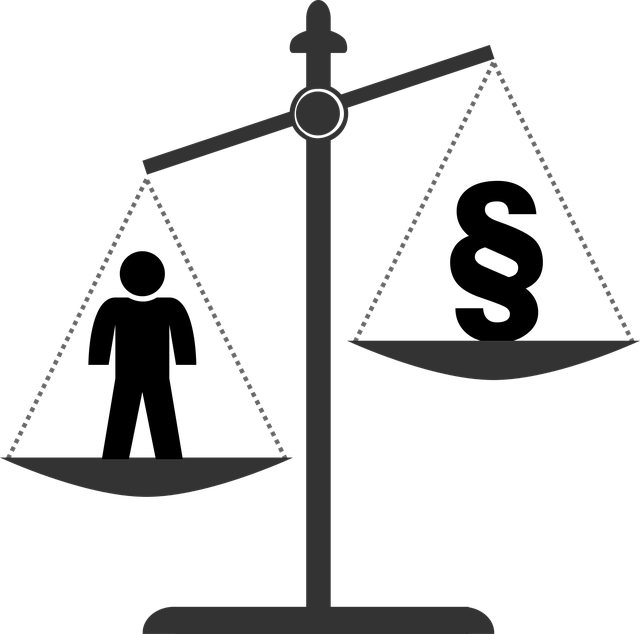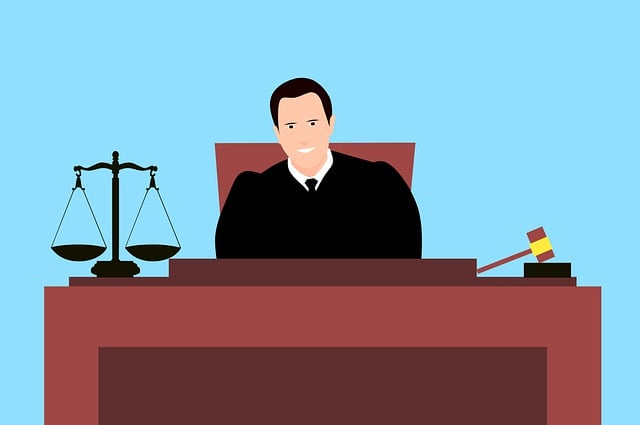Consumer protection lawsuits require understanding federal and state laws, gathering detailed evidence, choosing the right legal venue, adhering to filing procedures and time limits, and seeking guidance from legal professionals for optimal case outcomes, as outlined in 'How to File a Consumer Protection Lawsuit'.
Criminal Law Cases often revolve around understanding and enforcing consumer protection laws, which are vital for safeguarding individuals from unfair practices. This article guides you through the process of filing a lawsuit under consumer protection laws, offering insights on identifying violations, damages, evidence collection, choosing legal venues, and navigating procedures. By understanding these key steps, you’ll be better equipped to take action, ensuring your rights are protected and justice is served in consumer-related criminal cases. Learn how to file a consumer protection lawsuit effectively.
- Understanding Consumer Protection Laws
- Identifying Violations and Damages
- Gathering Evidence and Documentation
- Choosing the Right Legal Venue
- Navigating Filing Procedures and Time Limits
Understanding Consumer Protection Laws

Consumer protection laws are a crucial set of regulations designed to safeguard individuals from unfair and deceptive practices in their dealings with businesses. These laws cover a wide range of issues, including false advertising, product liability, and unfair collection methods. Understanding your rights under these laws is essential for anyone who feels they’ve been treated unfairly by a respective business.
If you believe you’ve been a victim of fraudulent or unethical behavior, the first step is to familiarize yourself with the specific consumer protection laws in your jurisdiction. Many states have their own versions of these laws, and understanding your rights under both federal and state laws can be crucial. For his clients across the country, legal professionals specializing in consumer law can guide you through the process of filing a lawsuit if needed. How to File a Consumer Protection Lawsuit involves gathering evidence, consulting with an attorney, and following the proper legal procedures to ensure the best possible outcome for your case.
Identifying Violations and Damages

When it comes to consumer protection lawsuits, identifying violations and damages is a meticulous process that requires careful consideration. The first step involves recognizing unfair or deceptive practices on the part of businesses. These can range from false advertising and misleading product descriptions to unlawful pricing strategies and data privacy breaches. Consumer advocates play a crucial role in unearthing such violations by gathering evidence, examining company policies, and interviewing affected individuals.
Once violations are established, determining damages becomes paramount. This involves assessing financial losses incurred by consumers, including direct costs like overcharged goods or services and indirect expenses such as legal fees. By meticulously documenting these harms, plaintiffs can build a compelling case, aiming for compensation that not only rectifies the wrongs but also achieves extraordinary results for his clients across the country. The process requires both diligence and perseverance to ensure justice is served and businesses are held accountable for their actions.
Gathering Evidence and Documentation

In any criminal law case, especially when a consumer protection lawsuit is involved, gathering robust evidence and documentation is paramount. The first step in filing such a lawsuit is to compile all relevant records related to the alleged violation. This includes contracts, financial statements, correspondence with the defendant, and any digital communications or records that can serve as proof of fraudulent practices or breach of consumer rights. It’s crucial to organize this data meticulously to support your case effectively.
During the process, pay close attention to detail, ensuring every piece of evidence is properly sourced and authenticated. This meticulous approach not only strengthens your legal position but also aids in achieving a complete dismissal of all charges if the case proceeds to trial. Moreover, for those accused of white-collar crimes, employing robust documentation strategies can significantly increase the chances of avoiding indictment, as it demonstrates a commitment to transparency and adherence to legal protocols.
Choosing the Right Legal Venue

Choosing the right legal venue is a strategic step in any legal process, especially when it comes to consumer protection lawsuits. This involves selecting the appropriate court where the case will be heard, which significantly impacts the outcome. When filing a consumer protection lawsuit, understanding the jurisdiction and venue rules is crucial. The first consideration is whether the case falls under federal or state law, as this determines the courts’ authority to hear the matter. Federal courts handle cases involving federal laws, while state courts deal with issues under state legislation, including many consumer protection acts.
Additionally, specific types of cases may have unique venue requirements. For instance, white-collar and economic crimes often involve multiple jurisdictions due to their nature, necessitating a thorough understanding of the relevant legal frameworks. Achieving extraordinary results in such cases requires an adept general criminal defense strategy and knowledge of where to file, ensuring that the lawsuit is brought before the most competent and appropriate court.
Navigating Filing Procedures and Time Limits

Navigating the filing procedures and adhering to strict time limits is a critical step in any legal process, especially when it comes to consumer protection lawsuits. To file such a lawsuit effectively, individuals must understand the specific requirements and deadlines set by their jurisdiction’s laws. The process typically involves submitting a detailed complaint to the appropriate court, outlining the alleged violations and seeking redress for damages incurred.
Knowing how to File a Consumer Protection Lawsuit is essential for those who’ve been wronged. Timely filing ensures that your case proceeds smoothly and increases the chances of achieving a favorable outcome, including the complete dismissal of all charges. This may involve gathering substantial evidence, consulting with legal experts, and preparing for potential jury trials to present your case before an impartial adjudicator.
When pursuing a consumer protection lawsuit, understanding the intricate details of each step in the process is vital. From comprehending relevant laws like consumer protection legislation to navigating complex procedures and time limits, this guide has equipped you with essential knowledge. Remember that, by knowing how to identify violations, gather evidence, and choose the appropriate legal venue, you can significantly enhance your chances of success. Now armed with these insights, take a dive into the specifics of How to File a Consumer Protection Lawsuit and ensure justice is served.






